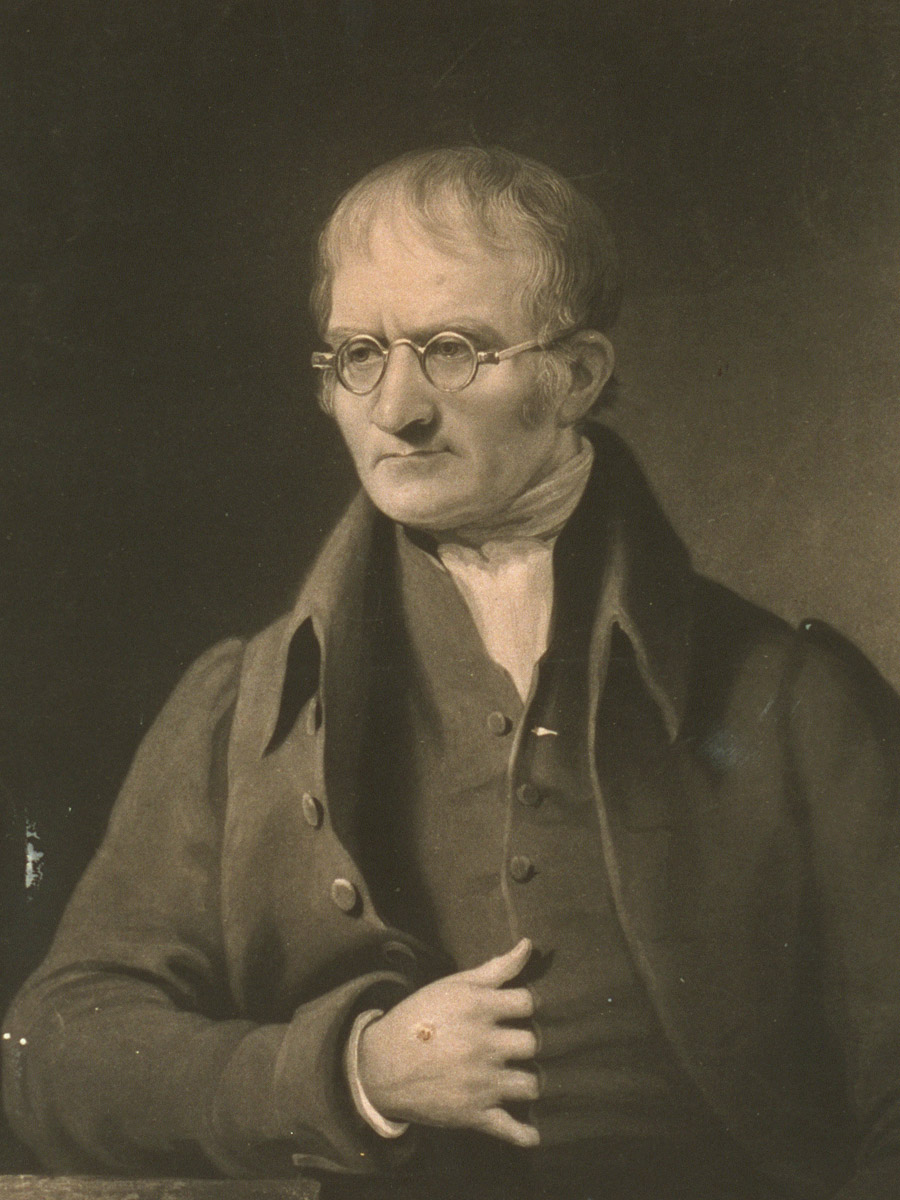Celebrating the 250th birthday of John Dalton

Picture: © Royal Society of Chemistry
6 September 2016 was the 250th anniversary of the birth of John Dalton, a pioneer of modern chemistry who developed atomic theory.
Dalton argued that all matter is made of fundamental particles called atoms, and also identified that the mass and properties of an atom determine which element it is. His atomic theory proposed that chemical reactions consisted of atoms being combined, separated or rearranged to form different chemical compounds.
He was colour blind, and his paper entitled “Extraordinary facts relating to the vision of colours” was actually the first time the condition had been officially described or noted. His brother also suffered from the condition, a fact he used to conclude that it must be hereditary.
He also developed the law of partial pressures of gases, which is known to this day as “Dalton’s Law”.
A resident of Manchester for many years, Dalton was mentioned on BBC Radio 4’s The Matter of the North as part of a piece about 19th Century Manchester.
On 26 October 2016 the Royal Society of Chemistry will award a blue plaque in his memory to the Ape and Apple pub, fittingly on John Dalton Street, in central Manchester. A ceremony to hand over the plaque will take place in the Chemistry Department of the University of Manchester, in Brunswick Street, and will form part of wider celebrations celebrating the life and work of this pioneering chemist.
Dalton will also be celebrated in a special symposium at the EuCheMS Chemistry Congress in Seville.
His legacy lives on today at the Royal Society of Chemistry in the form of the Dalton Division, our inorganic chemistry division, and our inorganic chemistry journal Dalton Transactions.